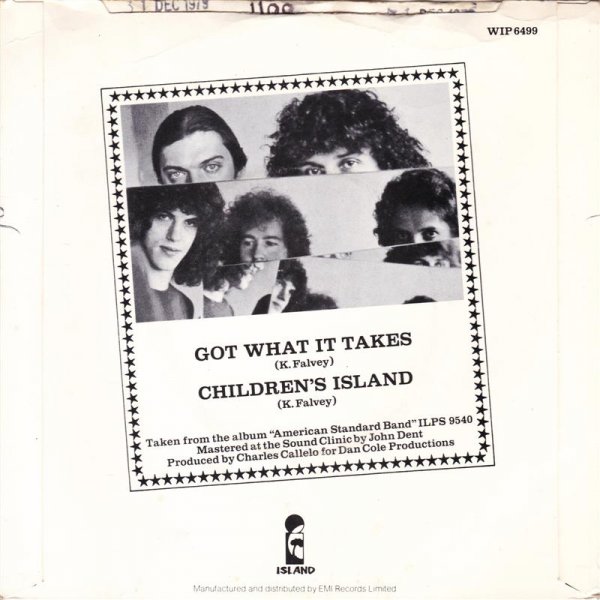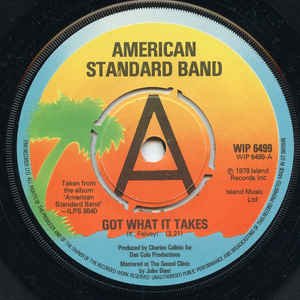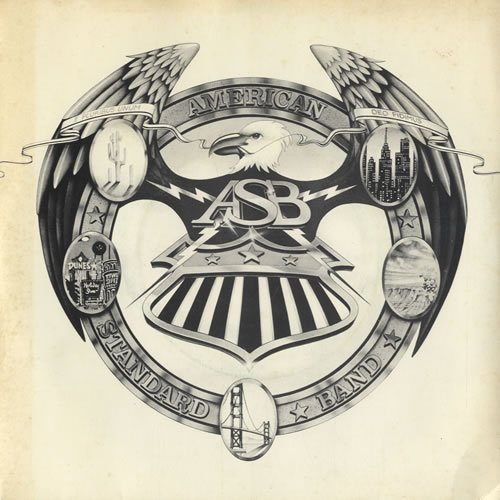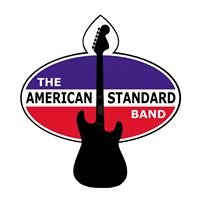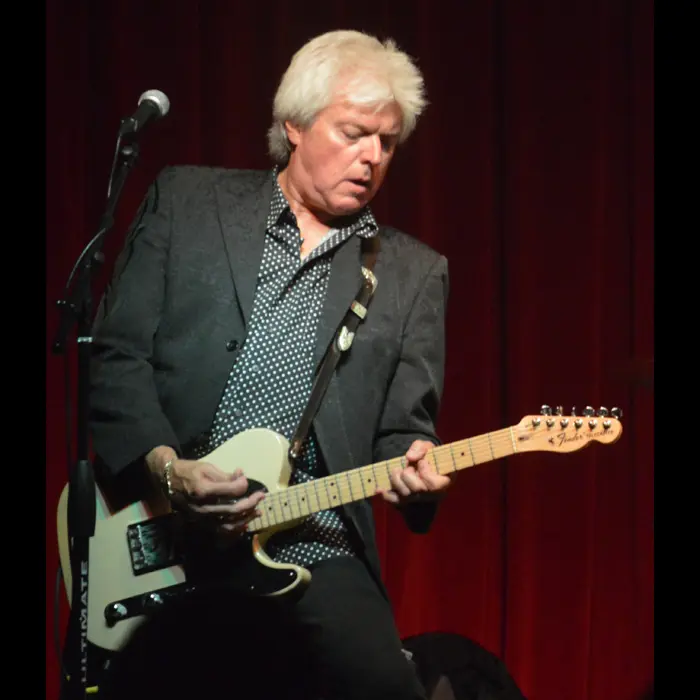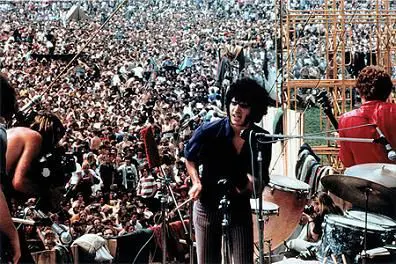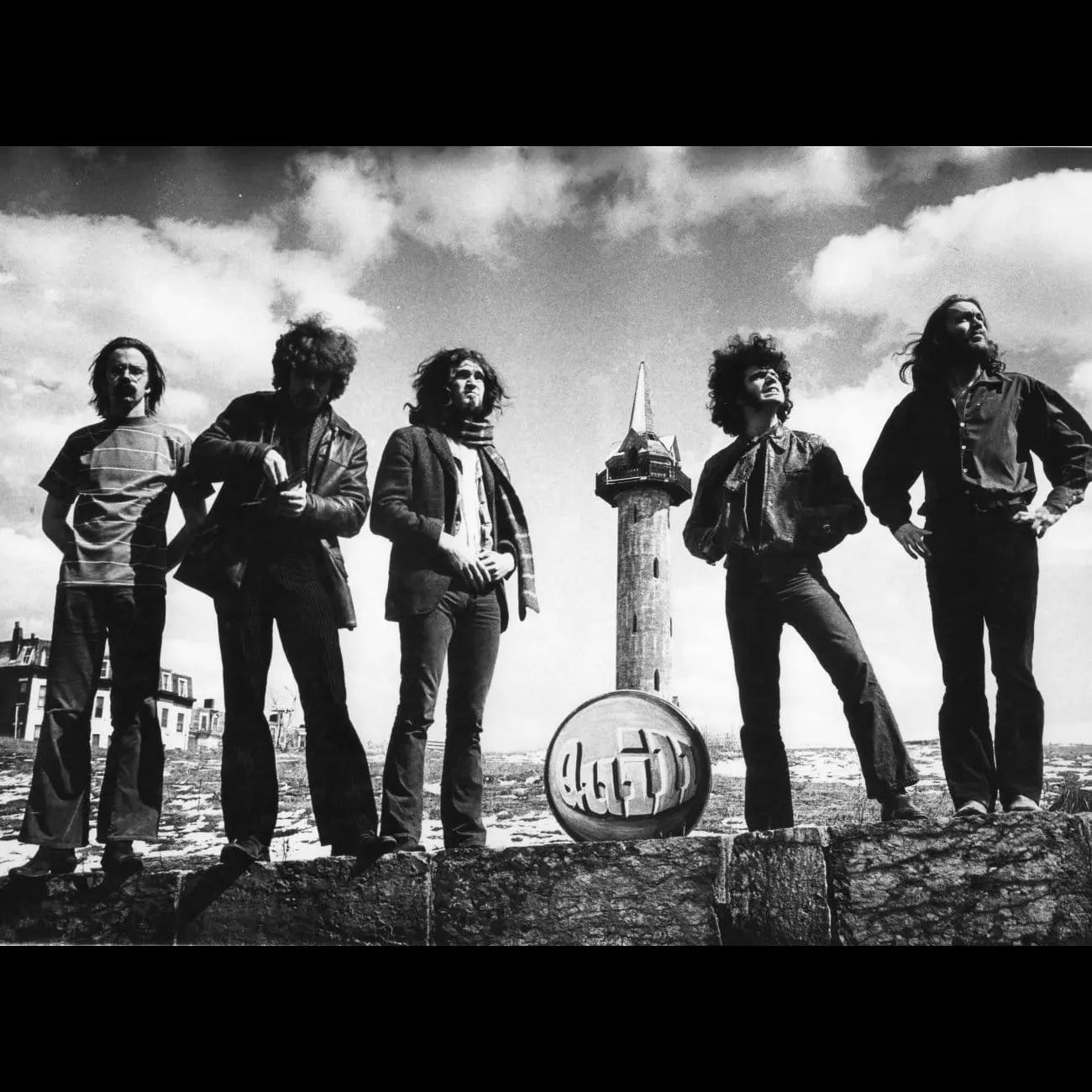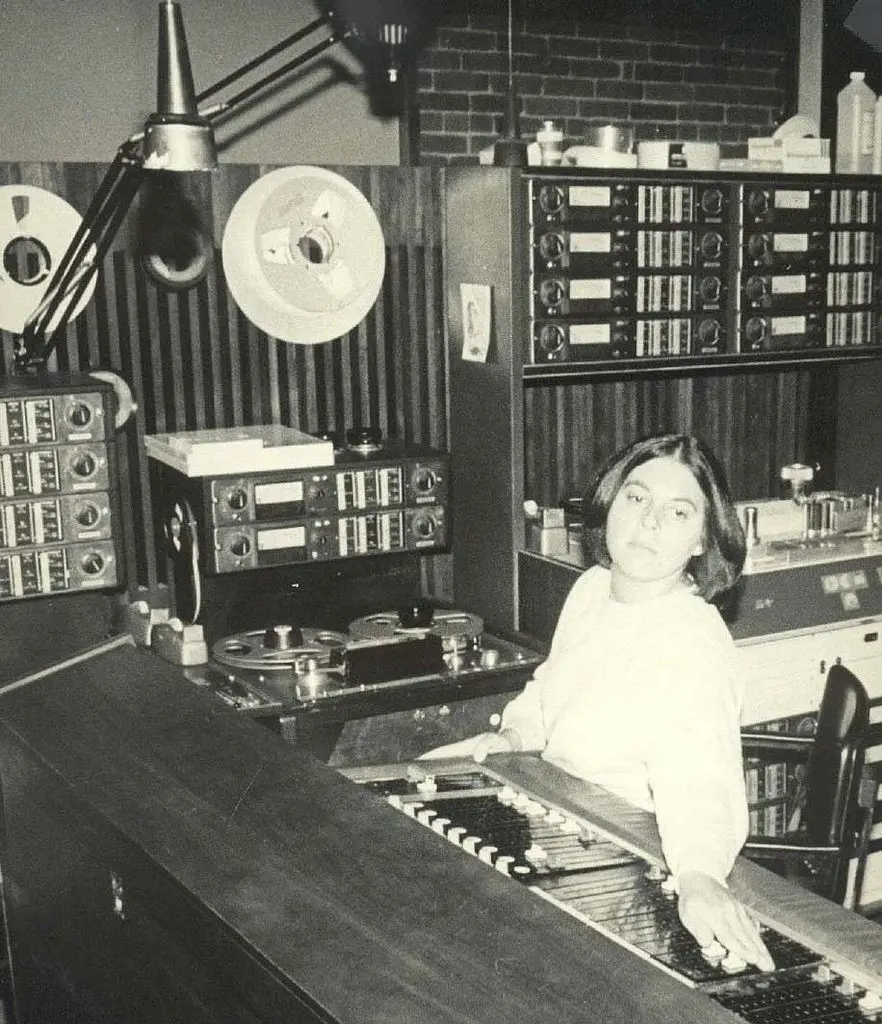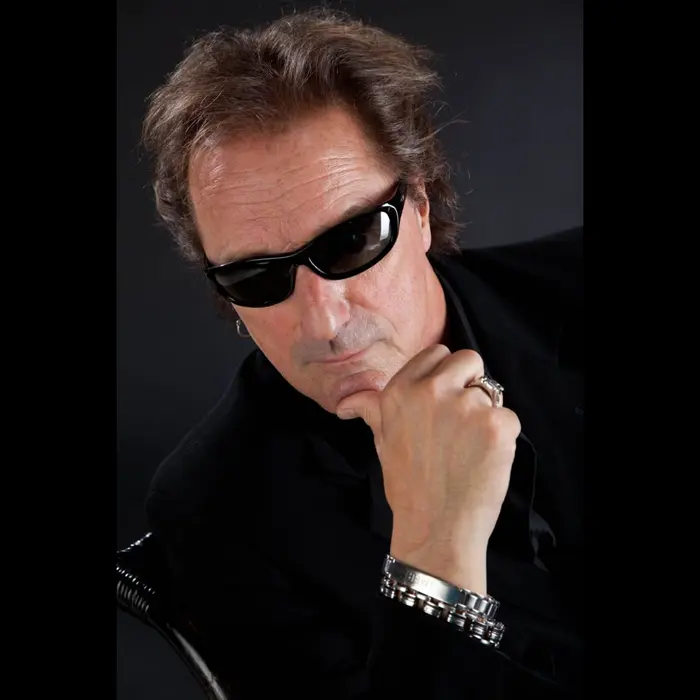American Standard Band
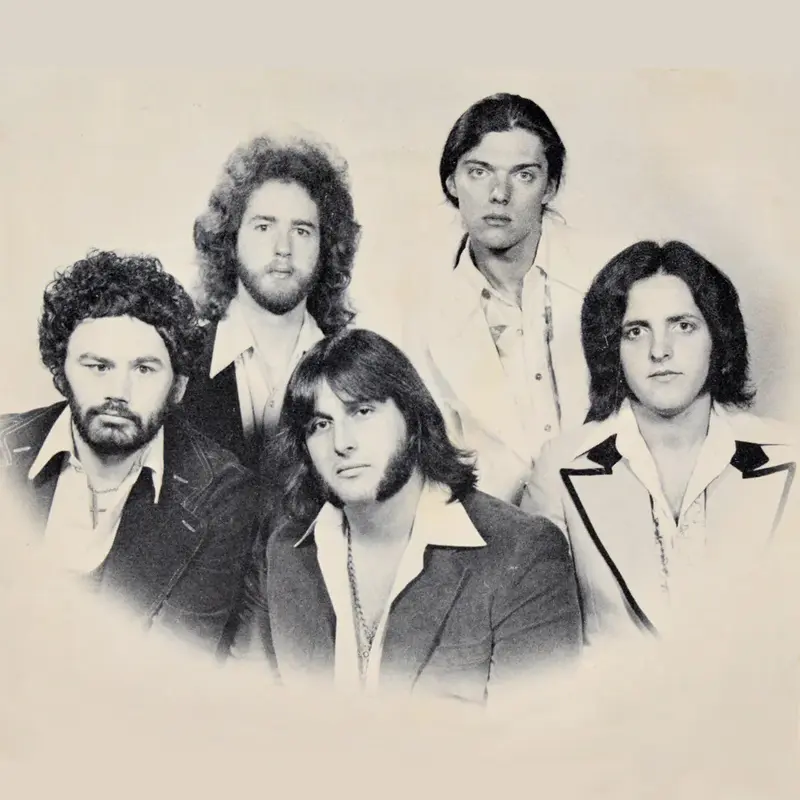
A five-piece outfit that played what’s been described as “hip-pop” music, The American Standard Band formed in Worcester, Massachusetts, and gained significant attention in the 1970s and early ’80s, both regionally and nationally. Founded by singer-songwriter-keyboardist Kevin Falvey and Cliff Goodwin, an accomplished lead guitarist, the group toured extensively around New England for several years.
Rounding out the band was John Riley on drums, Bob Horn on bass and Derek Dyer, a Bermudian transplant, on saxophones and keyboards. Dyer acted as second lead vocalist but all the band members sang; the group was known for the fullness of its vocal arrangements. With tight vocal harmonies, superb musicianship and fair share of showmanship, ASB carved out a successful place as a live act, had an active following and continued to mature as a band over time.
DAN COLE, “LOVELIGHT,” BACKING JOE COCKER
In the mid-‘70s, they connected with Dan Cole, former lead singer for Quill and the then-owner of Intermedia Sound Studios, and formed a strong bond that led to numerous opportunities. In addition to producing a number of the group’s demos, Cole hired ASB to compose an original piece for the soundtrack of the long-running laser show he produced at Boston’s Hayden Planetarium, “Lovelight.”
After bassist-keyboardist Howard Hersh replaced Horn, Cole used his industry contacts to land the band a gigantic break: an audition for Joe Cocker. The Englishman liked what he heard and ASB became his backing band for the next 18 months, touring North America, South America, Europe and Australia.
ISLAND RECORDS SIGNING
In 1979, through Cole’s company, Dan Cole Productions, ASB signed an independent production agreement with Island Records. The band recorded two albums for the label and their self-titled debut received strong reviews despite limited promotion by the new owner of Island’s marketing/distribution side, Warner Bros.
That lack of support coincided with a massive recession at the start of the ’80s that hurt the music industry as a whole. As a result, Island didn’t release the band’s second album and dropped the band from its roster. Critics considered both LPs to be high-quality productions that reflected the exacting standards of Falvey’s songwriting and the exceptional musicianship of all the members of the band, particularly Goodwin.
DISBANDING, POST-ASB ACTIVITY
Following those events, Cole released the band from their partnership contract so that they could pursue other projects. After playing sporadic gigs over the next year or so, ASB broke up in 1982. Falvey kept writing songs and producing until his death in December 1999 while Goodwin continued to record and tour with Cocker through most of the ‘80s; he also worked as a sideman for several notable acts, including Robert Palmer and James Montgomery, and organized a series of bands that play large venues in their own right. Hersh and Dyer also continued with Cocker and found success as sidemen and session players with a variety of well-known artists.

